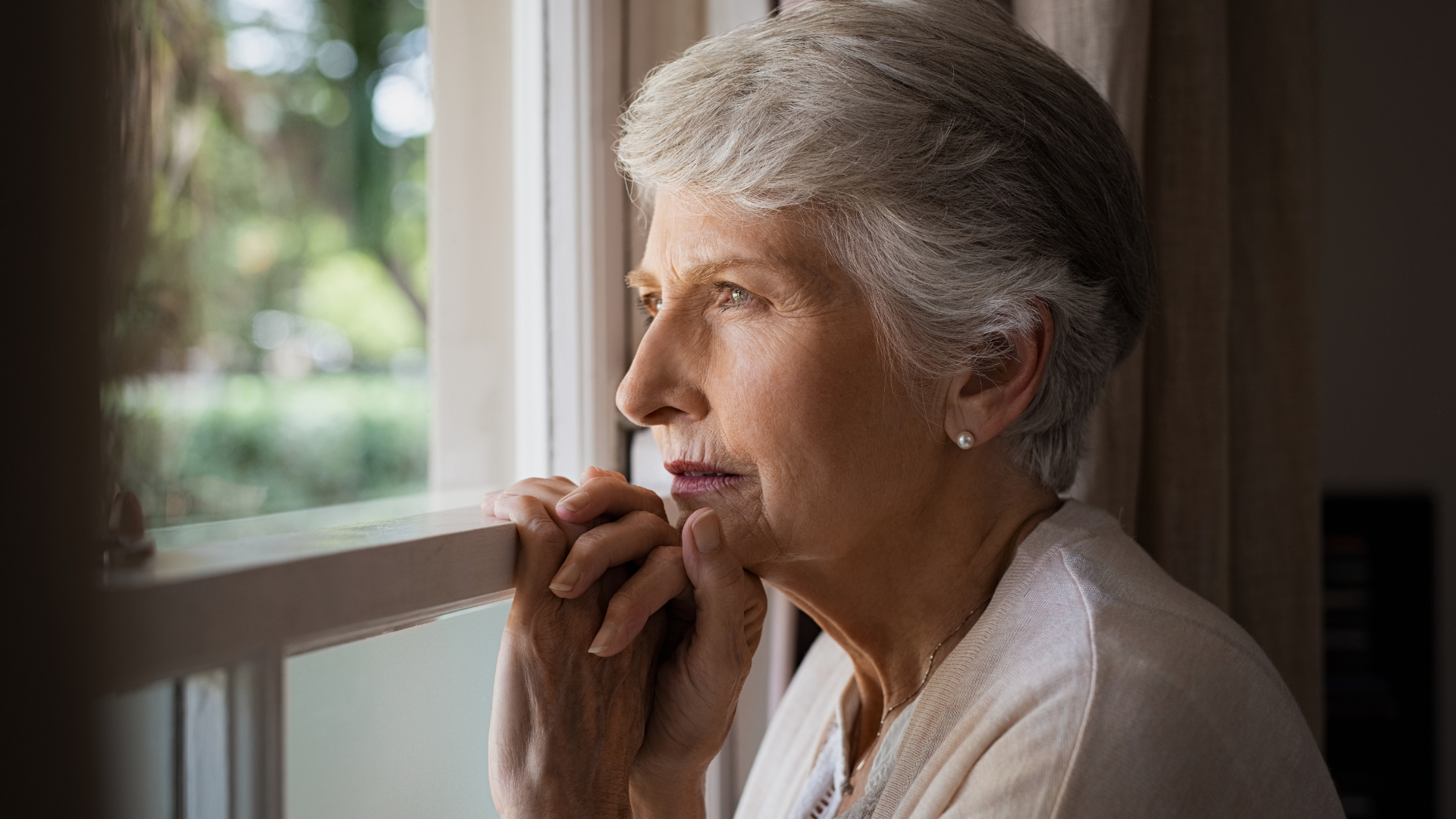
As people age, they face numerous changes and challenges that can contribute to anxiety. Understanding and managing anxiety in seniors is crucial for maintaining their overall well-being and quality of life.
This blog aims to provide insights into the causes of anxiety in seniors, symptoms to watch for, and effective strategies for treatment and management, targeting key concerns like treating severe anxiety in the elderly and general anxiety in seniors.
Causes of Anxiety in Seniors
Anxiety in seniors can be triggered by various factors, including:
- Health Concerns: Chronic illnesses, declining physical health, and fear of medical procedures can all contribute to anxiety.
- Loss and Grief: The loss of a spouse, friends, or family members can lead to feelings of loneliness and anxiety.
- Financial Worries: Concerns about financial stability and the cost of healthcare can cause significant stress.
- Cognitive Decline: Fears related to memory loss or cognitive decline, such as Alzheimer’s or dementia, can increase anxiety.
- Changes in Living Situations: Moving to a new home, assisted living facility, or experiencing a loss of independence can be anxiety-inducing.
Recognizing Symptoms of Anxiety in Seniors
Anxiety in seniors may present differently than in younger adults. Common symptoms include:
- Persistent worry or fear
- Avoidance of social situations or activities
- Restlessness or agitation
- Sleep disturbances
- Physical symptoms such as increased heart rate, sweating, or gastrointestinal issues
- Difficulty concentrating
- Increased irritability
How to Treat Severe Anxiety in the Elderly
Treating severe anxiety in the elderly requires a comprehensive approach tailored to the individual’s needs. Here are some effective treatment strategies:
- Professional Counseling and Therapy
- Cognitive Behavioral Therapy (CBT): CBT helps seniors identify and change negative thought patterns and behaviors that contribute to anxiety.
- Support Groups: Joining support groups where seniors can share their experiences and coping strategies can be beneficial.
- Medication
- Antidepressants: SSRIs and SNRIs are commonly prescribed to treat anxiety and have shown effectiveness in older adults.
- Benzodiazepines: These can be used for short-term relief of severe anxiety but are generally not recommended for long-term use due to potential side effects and dependency issues.
- Other Medications: Buspirone and certain beta-blockers can also help manage anxiety symptoms.
- Lifestyle Changes
- Regular Exercise: Physical activity can help reduce anxiety and improve overall mood.
- Healthy Diet: A balanced diet can support mental health and reduce anxiety symptoms.
- Sleep Hygiene: Encouraging good sleep habits can help manage anxiety. This includes maintaining a regular sleep schedule and creating a restful sleep environment.
- Relaxation Techniques
- Mindfulness and Meditation: These practices can help seniors stay present and reduce anxious thoughts.
- Breathing Exercises: Deep breathing techniques can help calm the nervous system and reduce anxiety.
- Social Engagement
- Staying Connected: Regular interaction with family, friends, and community groups can provide emotional support and reduce feelings of isolation.
- Volunteering: Engaging in meaningful activities like volunteering can provide a sense of purpose and reduce anxiety.
- Professional Support
- In-Home Care Services: Professional caregivers can provide companionship and assistance with daily activities, reducing stress and anxiety.
- Regular Medical Check-ups: Ensuring regular visits to healthcare providers can help manage underlying health issues that may contribute to anxiety.
Managing Anxiety in Seniors: A Holistic Approach
Managing anxiety in seniors requires a holistic approach that addresses both the mind and body. Family members and caregivers play a crucial role in providing support and understanding. Here are additional tips to help manage anxiety in seniors:
- Create a Calm Environment: A peaceful and organized living space can help reduce anxiety.
- Encourage Routine: Having a daily routine can provide structure and a sense of security.
- Stay Informed: Educate yourself and the senior about anxiety and its effects to better understand and manage the condition.
- Patience and Empathy: Show patience and empathy when dealing with an anxious senior, offering reassurance and support.
At SeniorCare Companions, we are dedicated to providing compassionate care and support for seniors experiencing anxiety. Our trained professionals are here to help manage anxiety and improve the quality of life for your loved ones. If you need assistance or want to learn more about our services, contact us today.

